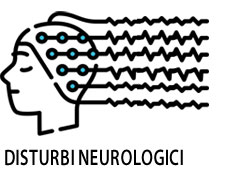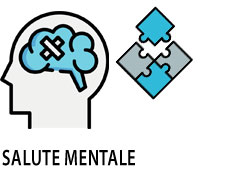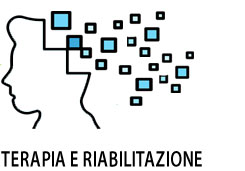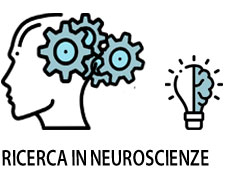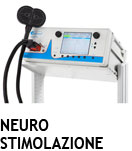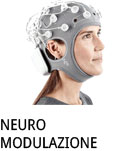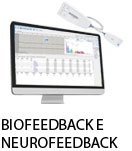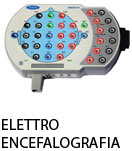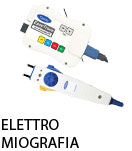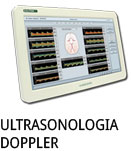- +39 011 5821948
- info@geasoluzioni.it
- Lun - Ven 8:00 - 17:30
Pubblicazioni
Brain stimulation in obesity.
- Abstract:
- Obesity is taking up epidemic proportions worldwide with significant impacts on the health of both the affected individual and on society as a whole. Treatment approaches consist of behavioural and pharmacological approaches, however, these are often found to be ineffective. In severe obesity, bariatric surgery is frequently performed. Unfortunately, 40% of patients show substantial weight gain over the long term or display the associated metabolic syndrome, making the development of novel therapies necessary. This review summarizes some of the current conceptual models, in particularly the 'food addiction' model, and then discusses specific therapeutic targets of brain stimulation, both non-invasive (transcranial magnetic stimulation (TMS), transcranial direct current stimulation (tDCS) and transcutaneous vagus nerve stimulation (VNS)) and invasive (deep brain stimulation and invasive VNS). As we will show, neuromodulatory approaches represent a promising tool for targeting specific brain structures implicated in the pathophysiology of obesity. Non-invasive techniques such as TMS, tDCS and transcutaneous VNS need further investigation before they may become ready for clinical usage. The currently available study data suggest that deep brain stimulation may become an effective and acceptable therapy for otherwise treatment-resistant obese patients. The results of the currently undergoing clinical trials are eagerly awaited.
- Patologie/Applicazioni:
- Anno:
- 2017
- Tipo di pubblicazione:
- Articolo
- Parola chiave:
- stimolazione elettrica transcranica; stimolazione magnetica transcranica; Obesità
- Testata scientifica:
- International Journal of Obesity
- Nota:
- Approcci neuromodulatori rappresentano uno strumento promettente per il targeting di strutture cerebrali specifiche implicate nella fisiopatologia dell'obesità. I dati di studio attualmente disponibili suggeriscono che la stimolazione cerebrale profonda può diventare una terapia efficace e accettabile per pazienti obesi resistenti al trattamento.
- DOI:
- 10.1038/ijo.2017.150
La nostra storia
GEA soluzioni si affaccia nel 2013 al mercato della strumentazione medicale di alto livello tecnologico ma la sua storia parte da più lontano, clicca qui per approfondire.
GEA SOLUZIONI SRL
via Issiglio 95/10, Torino
Tel.: 011 5821948 / 011 4463853
Fax: 011 0433281
Email: info @ geasoluzioni.it
P. IVA IT11696920013
REA TO1233648

